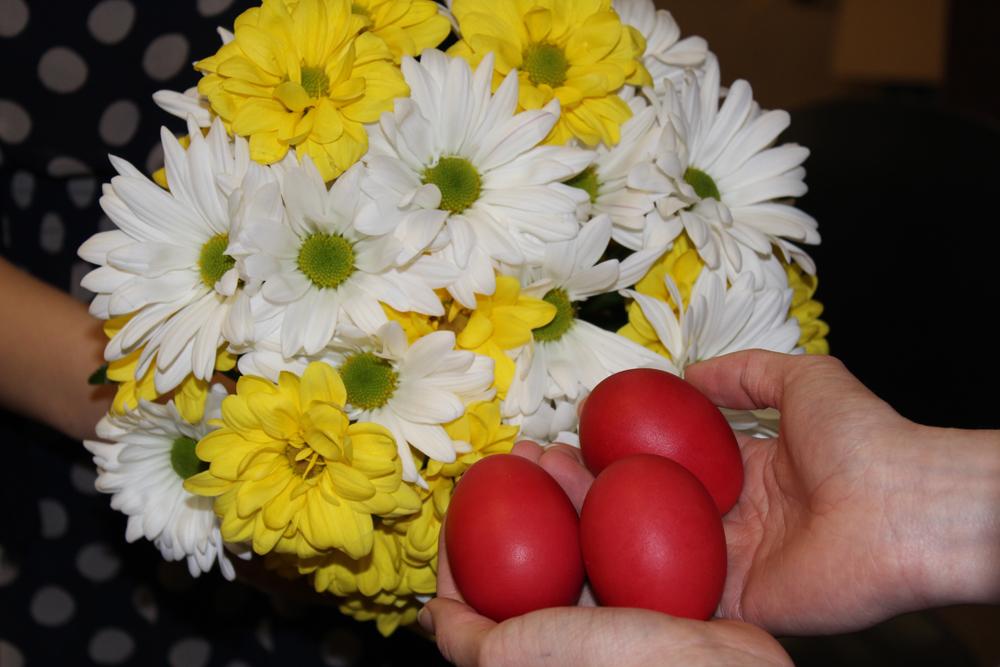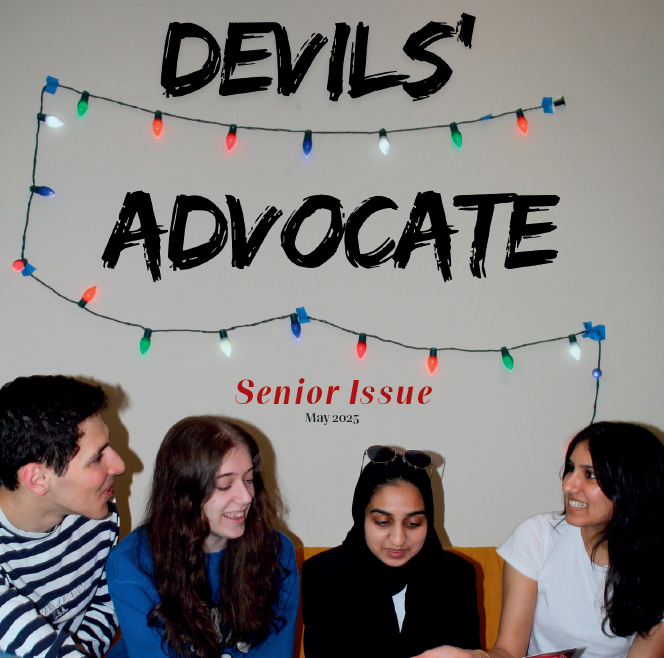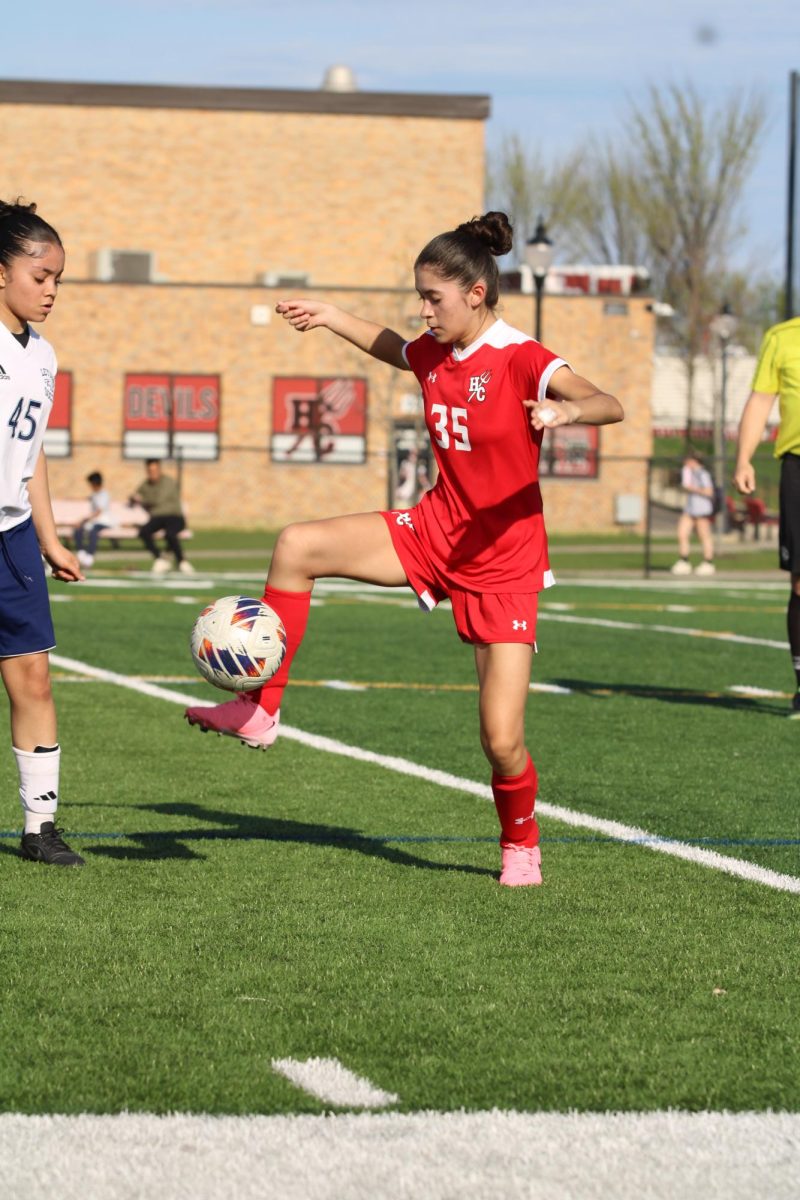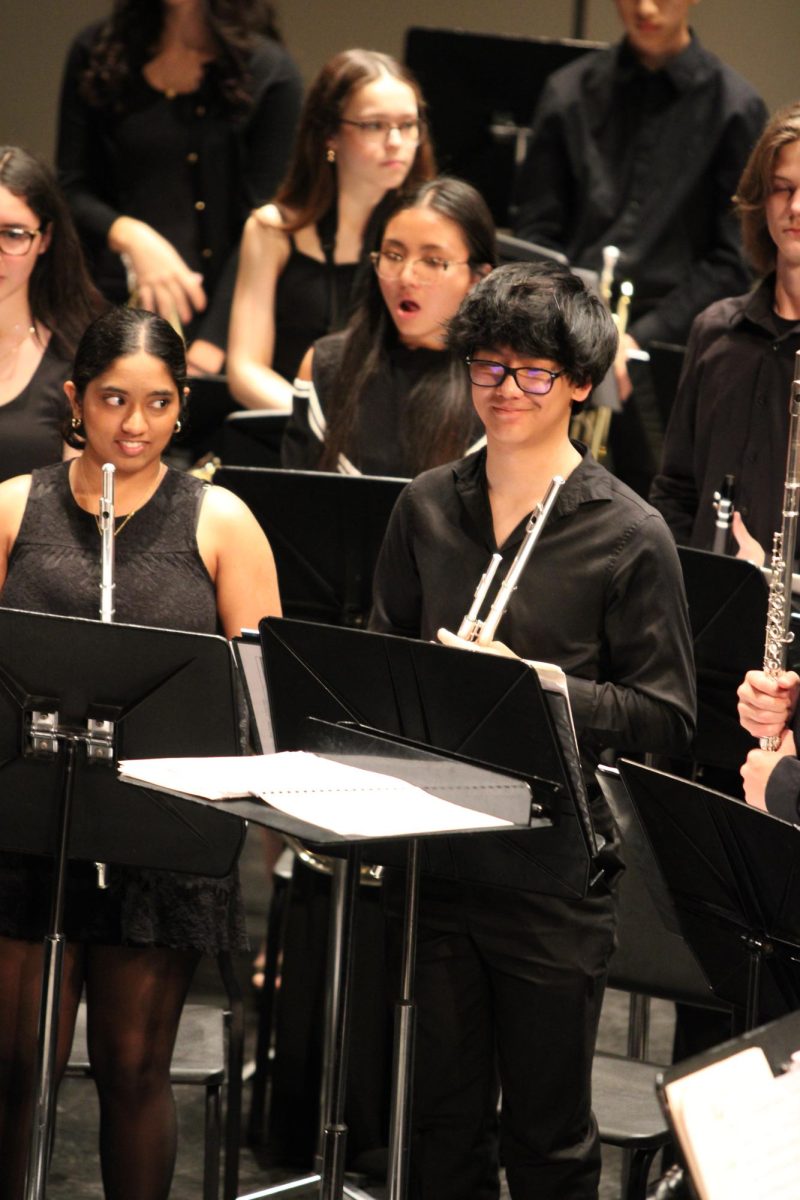While the majority of seniors will be filling their weekend with prom related activities, many Greek-Americans and other Orthodox Christians will have to either cut the festivities short or forgo celebrating one of their culture’s most important holidays. The Orthodox Easter is on May 5 this year, which happens to be the day after prom.
Some Greek seniors, such as John Kokenis, are choosing to skip prom in order to be able to attend midnight mass church service (Resurrection service) on Saturday.
“I am going to the Resurrection service instead of prom because there was no way I could have made the service if I went to prom, and since Christ’s suffering and resurrection are much more important than a night of partying, I decided to not go to prom” Kokenis said.
Others, such as George Koulouris, senior, are choosing to attend prom and skip the Easter church services and festivities. “I’ll be going to prom, and I won’t be making it back for Easter. My mother is very unhappy with it,” Koulouris said.
The majority of seniors though, are choosing to split their time between prom and Easter by attending the dance on Saturday and Easter celebrations on Sunday. “Most Greek seniors I know are going to prom, but many will be going to the agape service Sunday morning,” Kokenis said.
In making the decision of what to do during the upcoming weekend, students often don’t have full say over what they do. “I have heard of a few kids whose parents won’t let them go to a lake house because of Easter,” Koulouris said.
For those students celebrating Orthodox Easter this weekend, the need to make this choice comes off a bit unfair. Nevertheless, students acknowledge limitations in the administrations ability to plan around all holidays.
“I do not think it acceptable that the Orthodox faith–the oldest of Christian religions–is overlooked in modern times. However, it is hard for the school administration to schedule according to everyone’s availability and religious views,” Kokenis said.
What adds to the difficulty of making this choice is that Orthodox Easter is more than a religious holiday. It is also a cultural holiday filled with important traditions that even the not as religious enjoy. For example, Greeks dye red eggs, make traditional Easter cookies (Koulourakia) and most importantly, eat.
“My favorite part of Orthodox Easter is going to [my grandparents’] house for food,” Kokenis said. Koulouris is of like mind.“My favorite Easter tradition is roasting the lamb! It’s so delicious and unique,” Koulouris said.















